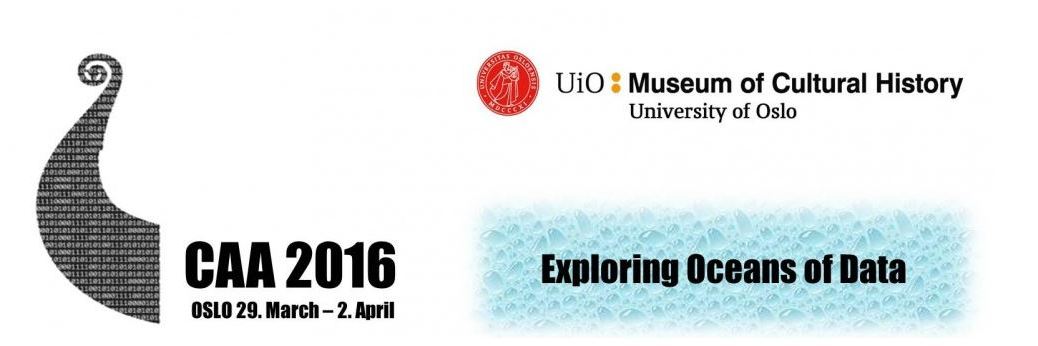Our colleagues in Brazil are planning two sessions on digital archaeology at the Brazilian Archaeological Society Congress (Teresina, 10-15 September). So if you working in or with South American archaeology, this may be of interest. Note the close deadline: 7th of July. For more information see below or get in touch with Grégoire van Havre (gvanhavre at gmail dot com).
Image source: wikipedia.org
——————————————————————————————————————————————–
Call for Papers - Brazilian Archaeology Society Congress The Brazilian Archaeology Society will meet in Teresina (Brazil) in September 10-15, and there are two session proposals (yes, two!) dedicated to computers and digital archaeology. Check out the official website for more details (in Portuguese): http://www.sab2017.com.br. The call for papers was extended to July, 7. Both sessions are calls to gather computer archaeologists from around the country, as well as people from abroad working in Southern American contexts, and discuss experiences and problems. 1. Computer resources for archaeology: from excavation to data analysis 2. IPads in the Trenches: Digital Archaeology in Brazil - where are we? This will be the first time digital archaeology and computer matters will be directly addressed in a national congress in Brazil.



